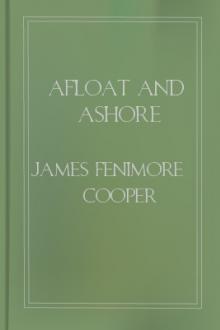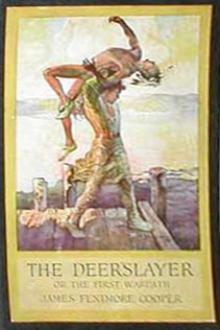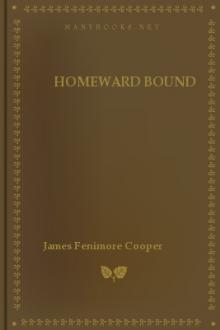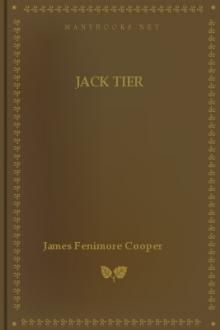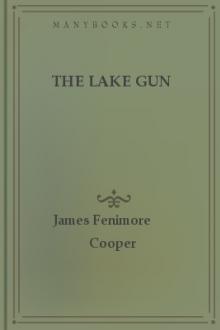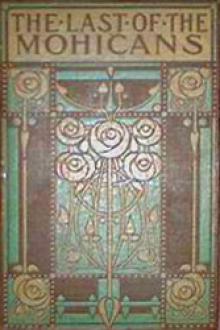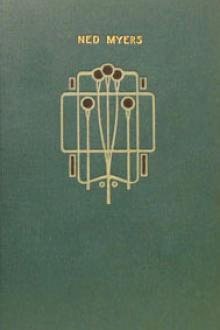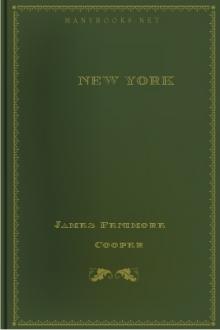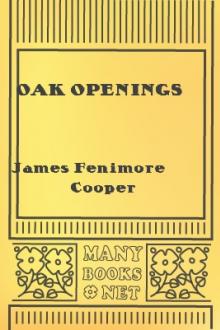The Sea Lions
The Sea Lions
The Lost Sealers
Book Excerpt
he bold and skilful
harpooner, or lancer, with favour, as it is for the belle at a
watering-place to bestow her smiles on one of the young heroes of
Contreras or Churubusco. His peculiar merit, whether with the oar, lance,
or harpoon, is bruited about, as well as the number of whales he may have
succeeded in "making fast to," or those which he caused to "spout blood."
It is true, that the great extension of the trade within the last twenty
years, by drawing so many from a distance into its pursuits, has in a
degree lessened this local interest and local knowledge of character; but
at the time of which we are about to write, both were at their height, and
Nantucket itself had not more of this "intelligence office" propensity, or
more of the true whaling esprit de corps, than were to be found in the
district of country that surrounded Sag Harbour.
Long Island forks at its eastern end, and may be said to have two extremities. One of these, which is much the shortest of the two legs thus formed, goes
Editor's choice
(view all)Popular books in Nautical, Fiction and Literature
Readers reviews
3.0
LoginSign up
SPOILER ALERT
The following reveals plot elements.
Here's what Herman Melville wrote:
"Cooper's New Novel"
The Sea Lions, or The Lost Sealers! An attractive title, truly. Nor does this last of Cooper's novel disappoint the promise held forth on the title page.
The story opens on the seacoast of Suffolk County, Long Island; and turns mainly upon the mysterious existence of certain wild islands within the Antarctic Circle, whose precise whereabouts is known but to a choice few, and whose latitude and longitude even the author declares he is not at liberty to make known. For this region, impelled by adverse, if not hostile motives, the two vessels, the Sea Lions, in due time sail, under circumstances full of romance.
After encountering a violent gale, described with a force peculiarly Cooper's, they at last reach the Antarctic seas, finding themselves walled in by "thrilling regions of rock-ribbed ice." Few descriptions of the lonely and the terrible, we imagine, can surpass the grandeur of many of the scenes here depicted. The reader is reminded of the appalling adventures of the United States Exploring Ship in the same part of the world as narrated by Wilkes, and of Scoresby's Greenland narrative. In these inhospitable regions the hardy crews of the Sea Lions winter--not snugly at anchor under the lee of a Dutch stove, nor baking and browning over the ovens by which the Muscovite warms himself--but jammed in, masoned up, bolted and barred, and almost hermetically sealed by the ice. To keep from freezing into crystal they are fain to turn part of the vessels into fuel.--All this, and much more of the like nature, are told in a style singularly plain, downright, and truthful.
At length, after many narrow escapes from ice-bergs, ice-isles, fields and floes of ice, the mariners, at least most of them, make good their return to the North, where the action of the book is crowned by the nuptials of Roswell Gardiner the hero and Mary Pratt the heroine. Roswell we admire for a noble fellow; and Mary we love for a fine example of womanly affection, earnestness, and constancy.--Deacon Pratt, her respected father, is a hard-handed, hard-hearted, psalm-singing old man, with a very stretchy conscience; intent upon getting to heaven, and getting money by the same course of conduct, in defiance of the scriptural maxim to the contrary. There is a good deal of wisdom to be gathered from the story of the Deacon.
Then we have one Stimson, an old Kennebunk boatsteerer, and Professor of Theology, who, wintering on an ice-berg, discourses most unctuously upon various dogmas. This honest old worthy may possibly be recognized for an old acquaintance by the readers of Cooper's novels.--But who would have dreamt of his turning up at the South Pole? One the subordinate parts of the book is the timely conversion of Roswell the hero from a too latitudinarian view of Christianity to a more orthodox, and hence a better belief. And as the reader will perceive, the moist rosy hand of our Mary is the reward of his orthodoxy. Somewhat in the pleasant spirit of the Mahometan, this; who rewards all true believers with a houri.
Upon the whole, we warmly recommend The Sea Lions; even those who more for fashion's sake than anything else, have of late joined in decrying our National Novelist, will in this last work, perhaps, recognize one of his happiest.
The following reveals plot elements.
Here's what Herman Melville wrote:
"Cooper's New Novel"
The Sea Lions, or The Lost Sealers! An attractive title, truly. Nor does this last of Cooper's novel disappoint the promise held forth on the title page.
The story opens on the seacoast of Suffolk County, Long Island; and turns mainly upon the mysterious existence of certain wild islands within the Antarctic Circle, whose precise whereabouts is known but to a choice few, and whose latitude and longitude even the author declares he is not at liberty to make known. For this region, impelled by adverse, if not hostile motives, the two vessels, the Sea Lions, in due time sail, under circumstances full of romance.
After encountering a violent gale, described with a force peculiarly Cooper's, they at last reach the Antarctic seas, finding themselves walled in by "thrilling regions of rock-ribbed ice." Few descriptions of the lonely and the terrible, we imagine, can surpass the grandeur of many of the scenes here depicted. The reader is reminded of the appalling adventures of the United States Exploring Ship in the same part of the world as narrated by Wilkes, and of Scoresby's Greenland narrative. In these inhospitable regions the hardy crews of the Sea Lions winter--not snugly at anchor under the lee of a Dutch stove, nor baking and browning over the ovens by which the Muscovite warms himself--but jammed in, masoned up, bolted and barred, and almost hermetically sealed by the ice. To keep from freezing into crystal they are fain to turn part of the vessels into fuel.--All this, and much more of the like nature, are told in a style singularly plain, downright, and truthful.
At length, after many narrow escapes from ice-bergs, ice-isles, fields and floes of ice, the mariners, at least most of them, make good their return to the North, where the action of the book is crowned by the nuptials of Roswell Gardiner the hero and Mary Pratt the heroine. Roswell we admire for a noble fellow; and Mary we love for a fine example of womanly affection, earnestness, and constancy.--Deacon Pratt, her respected father, is a hard-handed, hard-hearted, psalm-singing old man, with a very stretchy conscience; intent upon getting to heaven, and getting money by the same course of conduct, in defiance of the scriptural maxim to the contrary. There is a good deal of wisdom to be gathered from the story of the Deacon.
Then we have one Stimson, an old Kennebunk boatsteerer, and Professor of Theology, who, wintering on an ice-berg, discourses most unctuously upon various dogmas. This honest old worthy may possibly be recognized for an old acquaintance by the readers of Cooper's novels.--But who would have dreamt of his turning up at the South Pole? One the subordinate parts of the book is the timely conversion of Roswell the hero from a too latitudinarian view of Christianity to a more orthodox, and hence a better belief. And as the reader will perceive, the moist rosy hand of our Mary is the reward of his orthodoxy. Somewhat in the pleasant spirit of the Mahometan, this; who rewards all true believers with a houri.
Upon the whole, we warmly recommend The Sea Lions; even those who more for fashion's sake than anything else, have of late joined in decrying our National Novelist, will in this last work, perhaps, recognize one of his happiest.
- Upvote (0)
- Downvote (0)
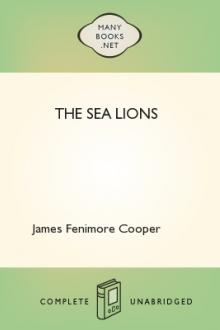
 Free Download
Free Download






















